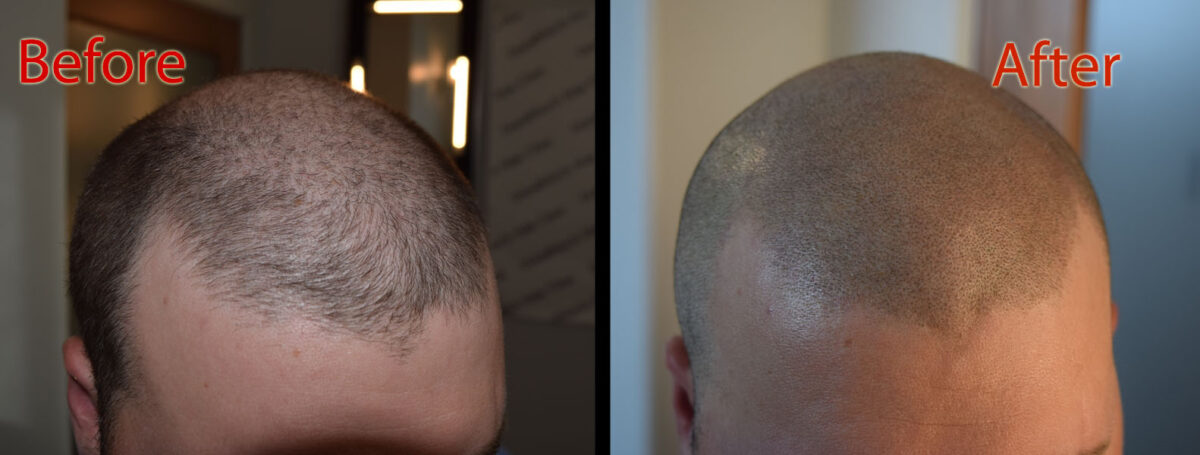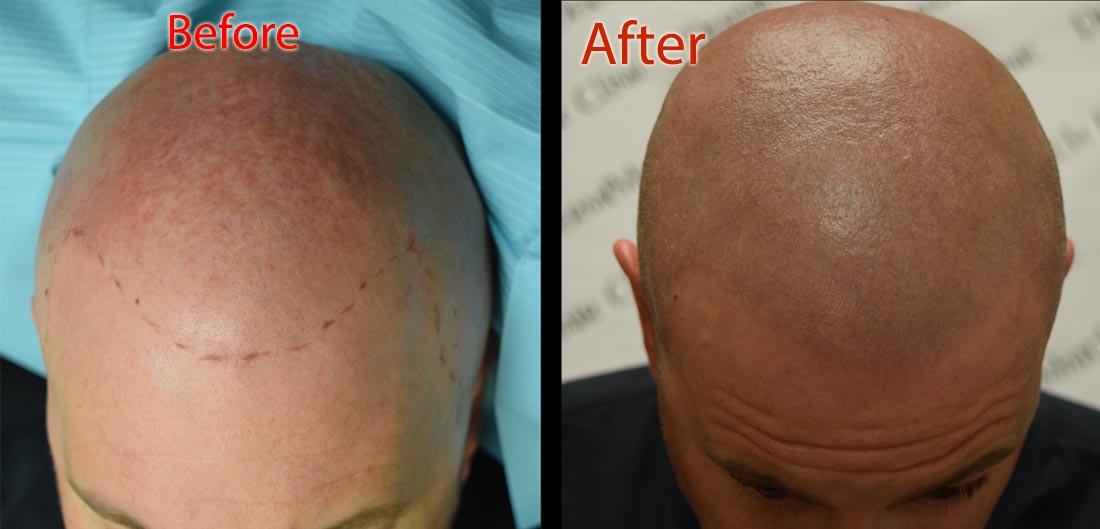There is a deep connection between scalp health and hair growth. Healthy hair starts with a healthy scalp. The scalp is the foundation for hair growth. If the scalp is not in good condition, hair can become weak and thin. Many people focus on hair products but ignore scalp care. Poor scalp health is linked to hair loss and slow hair growth.
How do Scalp Problems Affect Scalp Health And Hair Growth?
Dandruff is a common scalp issue. It causes itching and flaking. This can block hair follicles and affect growth. Scalp psoriasis and eczema can also damage hair roots. Inflammation is another problem. It leads to irritation and can stop hair from growing properly.
Importance of Scalp Cleanliness
Keeping the scalp clean is essential. Dirt, oil, and product build-up clog hair follicles. This blocks the growth of new hair. Washing the scalp regularly with a mild shampoo helps. It removes excess oil and keeps the scalp fresh. Exfoliating the scalp once a week can also improve circulation and prevent hair fall.
Scalp Oils and Moisture
A dry scalp can cause hair breakage. It needs natural oils to stay soft. Using scalp oils like coconut or jojoba helps maintain moisture. These oils nourish hair roots and reduce dryness. A balanced scalp is key for thick and strong hair.
Blood Circulation and Hair Growth
Good blood flow to the scalp feeds hair follicles. It provides oxygen and nutrients. Poor circulation weakens hair roots. Scalp massage improves blood flow. Massaging for a few minutes daily helps stimulate hair growth naturally.
Sebum Balance and Hair Health
Sebum is the natural oil produced by the scalp. Too much sebum can lead to greasy hair and clogged pores. Too little can cause dryness. A balanced sebum level keeps the scalp healthy. Using the right shampoo for your hair type helps control sebum.
Impact of Stress on Scalp Health and Hair Growth
Stress affects scalp health. It can cause inflammation and disrupt oil balance. Stress also triggers hair loss. Managing stress through relaxation and a healthy lifestyle supports scalp health.
Diet and Scalp Condition
What you eat affects your scalp. A diet rich in vitamins and minerals supports scalp function. Vitamin D, zinc, and iron are important. Protein is also essential for hair structure. Drinking enough water keeps the scalp hydrated.
Is there a Permanent Solution?
Sometimes scalp treatments do not bring back the glory of scalp health and hair growth. For permanent results, scalp micropigmentation is a good option. It gives the look of fuller hair by adding pigment to the scalp.
SMP is ideal for those with thinning hair or bald spots. But it must be done by a skilled SMP expert. This is not just a tattoo. A trained professional knows how to create a natural look. Choosing an experienced SMP artist in Arizona ensures safety and the best outcome. Always check the qualifications and reviews before deciding.
Find the best Arizona scalp micropigmentation practitioner at DermiMatch Clinic now.


